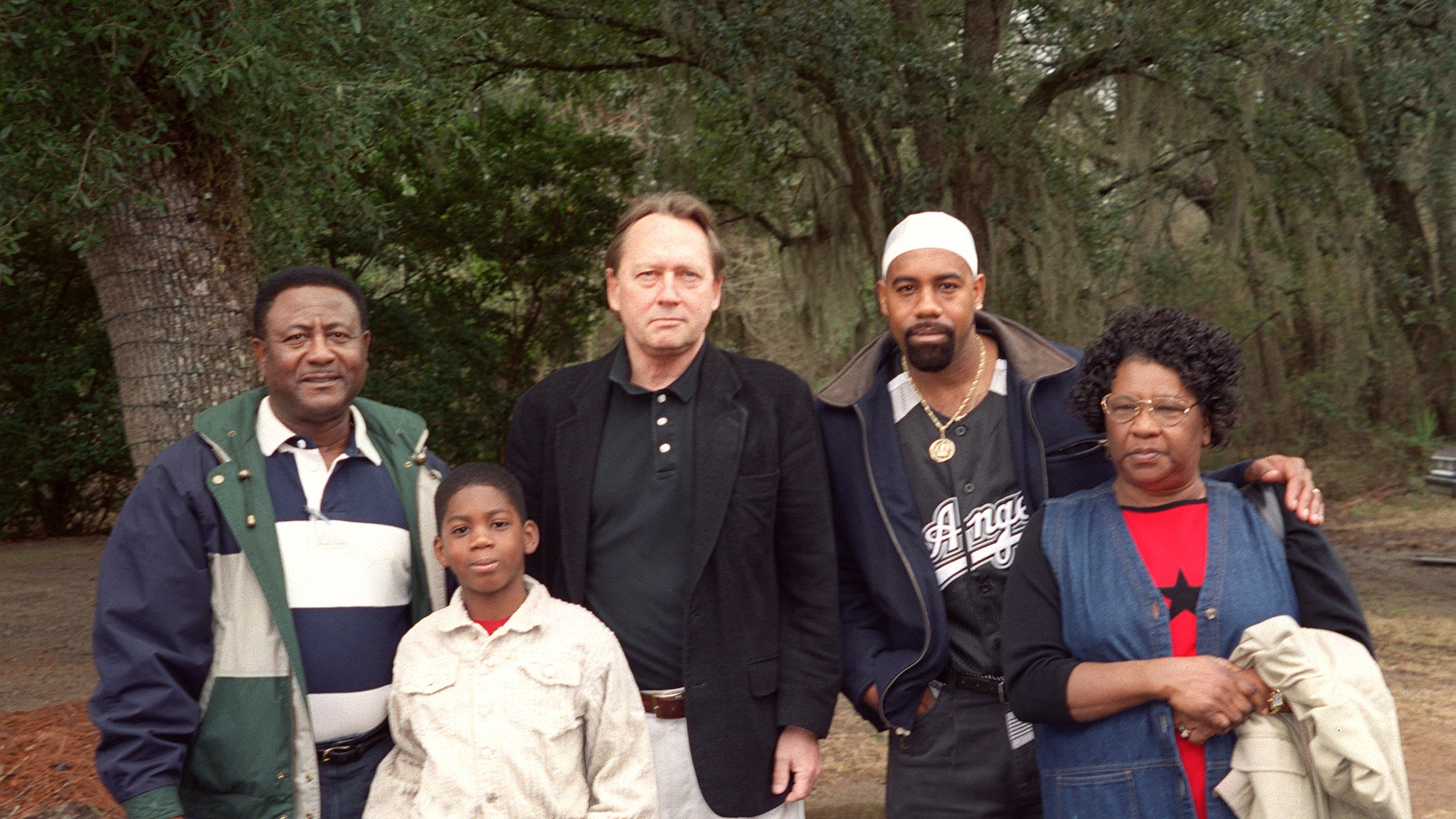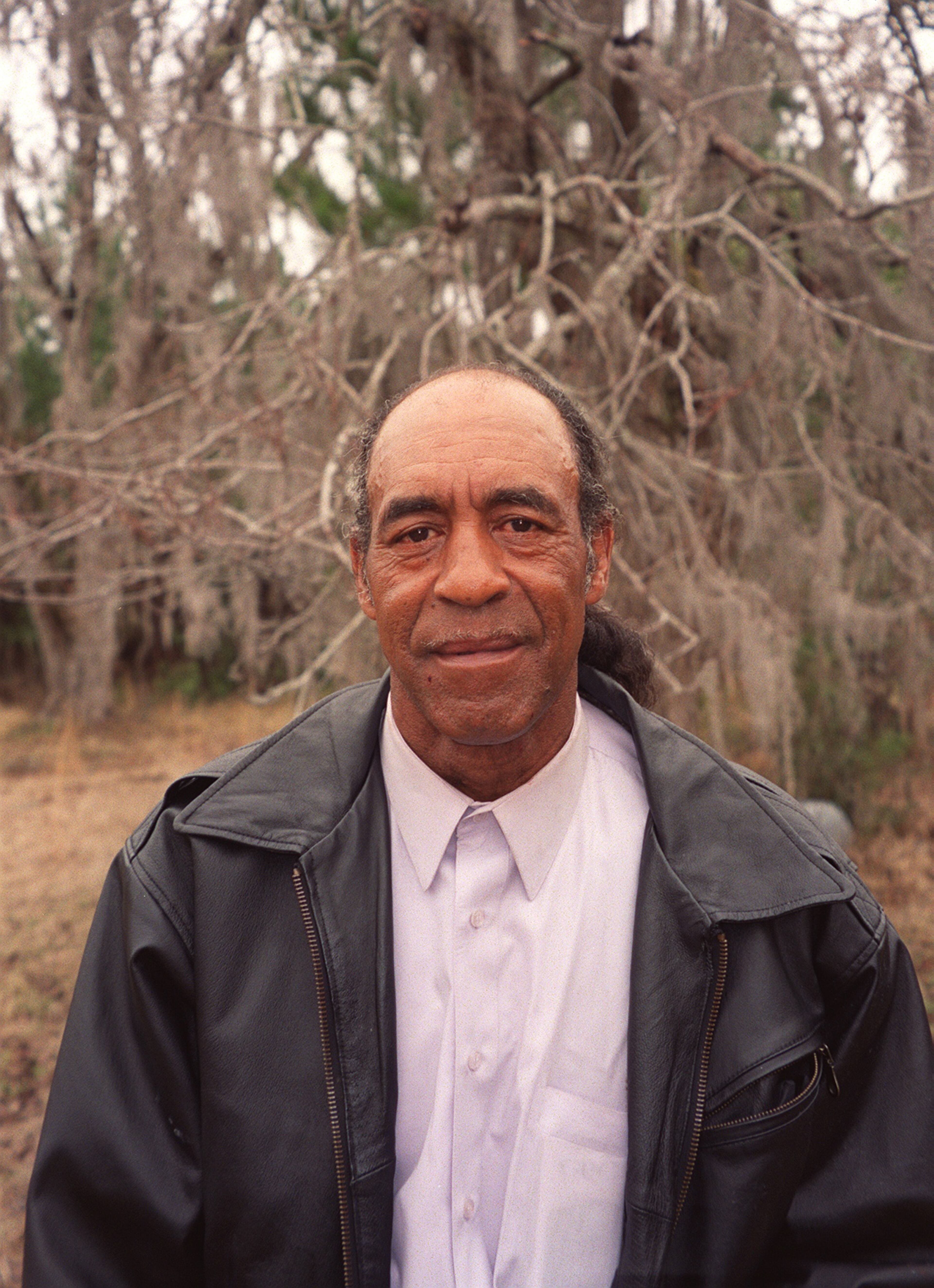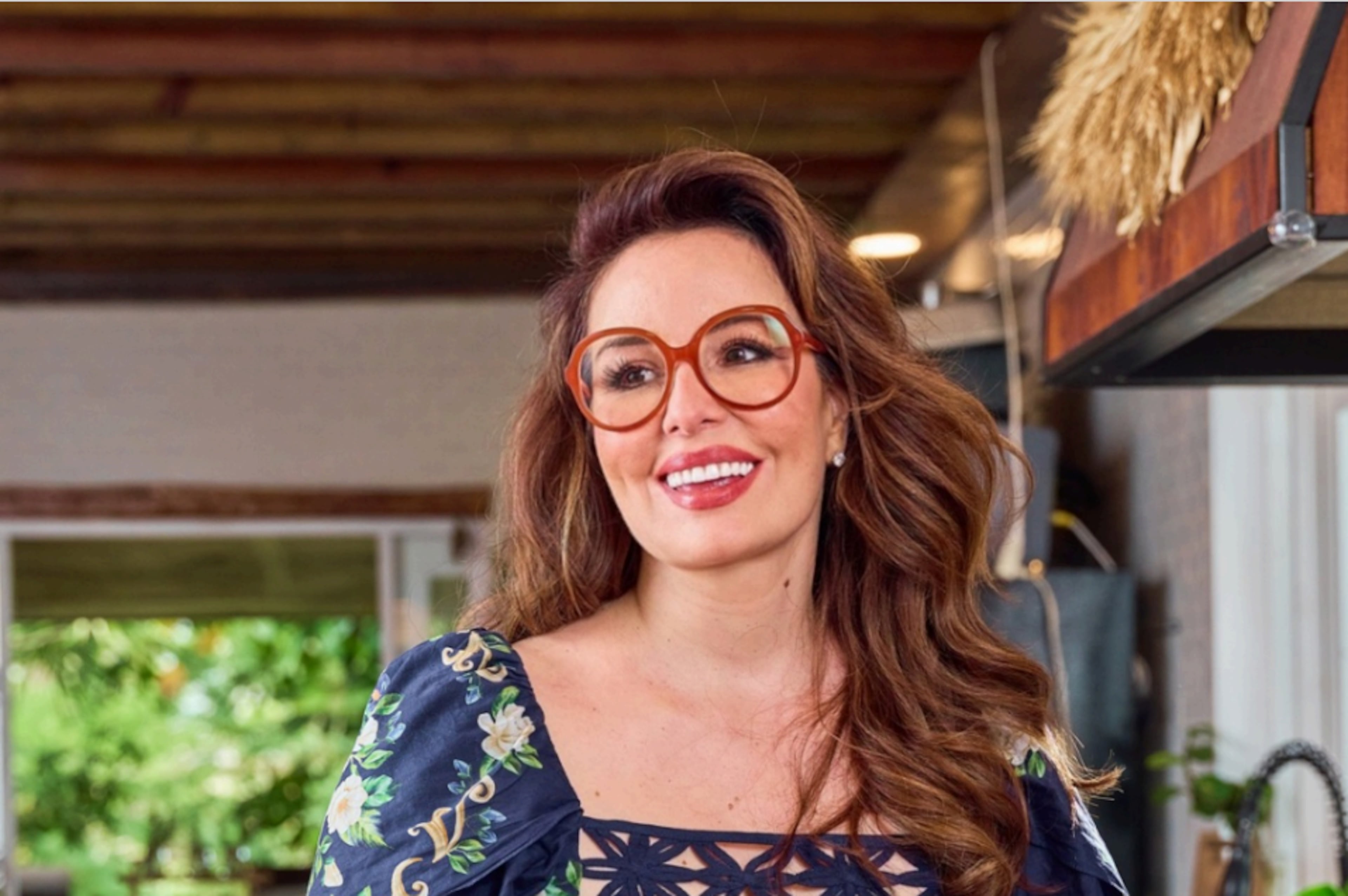From 2001: My family tree

NOTE: This article originally ran in the Feb. 10, 2001 edition of The Atlanta Journal-Constitution in the Reader section, and was written by regular columnist Colin Campbell.
My distant cousin Melvin King Sr. is one of those happy amateur fishermen who don’t care whether they catch a fish or not. What they like most is to meditate — to watch the line and gaze at Mother Nature. If they actually catch a fish that’s an extra treat.
I’m the same way, although I don’t fish much anymore. Maybe I’ll go fishing with Melvin this spring. We talked about it, anyway. I just met him for the first time a few days ago. He speaks with the curious lilt of old-time coastal Georgia. We’re the same age — born a month apart in 1945. But our lives have been very different. I’m white, for example, and Melvin is black.
It has been invigorating to meet my black relatives, a group unknown to me except in principle until last month. I don’t know them well yet, and I may never know them well. We live five hours away, and I have a lot of cousins. Life can make people drift apart.
These relatives are offspring of a line that branched away from mine in 1796, when Roswell King Jr. was born. (I’m descended from his younger brother William). Junior’s son, Roswell King III, known as Rossie, had a white family for some years, but later he married a woman of color, Mariah Guerard. My new coastal cousins are descended from them.
I must say, despite our differences, that I’ve noticed certain similarities across what we’re all calling “the two sides.” We’re all friendly but also reserved; polite and good-humored and occasionally warm, but no hugging yet.

I’d call the two sides variations on basic middle-class themes, complete with house pride and a lot of women with careers (finance, teaching, journalism, etc.). Other coastal cousins — some of their ancestors landed around here as African slaves — have left the coast over the years (same as the whites) to find jobs in nearby Washington County and distant Buffalo, N.Y., and so on. One woman from around here, the late Frances King Caple, lived for many years in Manhattan and sounds quite colorful and sophisticated. She ran a large beauty parlor and an after-hours club, and knew politicians and FBI agents and I’m not sure who else.
Then there’s Fred Wilkins, who tracked me down. He’s a family man with religion. He attributes his recent recovery from what sounds like an aneurysm to the miracle of prayer. But the person in our larger family he reminds me of the most — with his 34 years as a local telephone repairman and his energy and his 28 acres and his home improvement projects — is our common ancestor Roswell King Sr. (1765-1844), a slave owner and plantation manager who was a talented builder of houses, canals and later the textile mills of Roswell.
I hope to learn more about Wilkins’ modern relatives. But I’d also love to clear up certain mysteries from the old days.
Just what kind of man was Rossie? He was said to have been his mother’s favorite; he spent four years in the Confederate army; he failed as a farmer; and when his first wife died he sent his six white children to live with a brother while he settled down with Mariah.
Why did he give up his children? When did his affair with Mariah start? Was he ostracized by his white kin? There are signs that he was, although a friendly letter survives from one of his white children, Frederick, to one of his black children, Eva.
And exactly who was Mariah? Her surname, Guerard, was that of a French Huguenot family in South Carolina and she was said to have come from Bluffton, S.C. Is there any legal record of her and Rossie’s 40-year union, or was she dark enough that marriage would have been illegal then?
What happened to South Hampton, the plantation Rossie lived on? The place was owned by several Kings and by other (white) relatives; it was also heavily mortgaged while Rossie was alive, and later was acquired by a banker. The land is owned today by a subsidiary of Georgia-Pacific, although the area around the site of the old house, which was unaccountably torn down a decade ago, is now used as a Boy Scout camp. (We all visited a gigantic live oak there.)
Neither Mariah nor her and Rossie’s seven children inherited the place after his death in 1911. On the contrary, Wilkins told me, they continued living in the house for a decade after Rossie died, and then somebody — Wilkins doesn’t know who — evicted them.
I asked Wilkins what he finally thought of our meeting.
“We think it’s the best thing that ever happened in the family,” he replied. “We wanted to meet the other side. We wanted to be part of the family.” I told him that from what I’ve read, his relatives in the old days included John Fitch, inventor of an early steamboat; and a man named John King, who helped found Northampton, Mass., in 1645; and Henry Grady; and the obscure young Edward King, about whom John Milton wrote the great poem “Lycidas”; and Noah Webster, the lexicographer; and Oliver Cromwell, and even the Tudors, according to the historian Malcolm Bell.
I’m not sure Wilkins knew any of that. He seemed rather stunned.
As for my own little family, we’re happy to have met “the other side” and look forward to another visit. My little girl Anna said she felt “shy” to meet so many “brown cousins.” But she agrees with my mother that “they’re very, very nice.” True. And what a thrill it is to reconstruct a story that was hidden and ignored for centuries.


